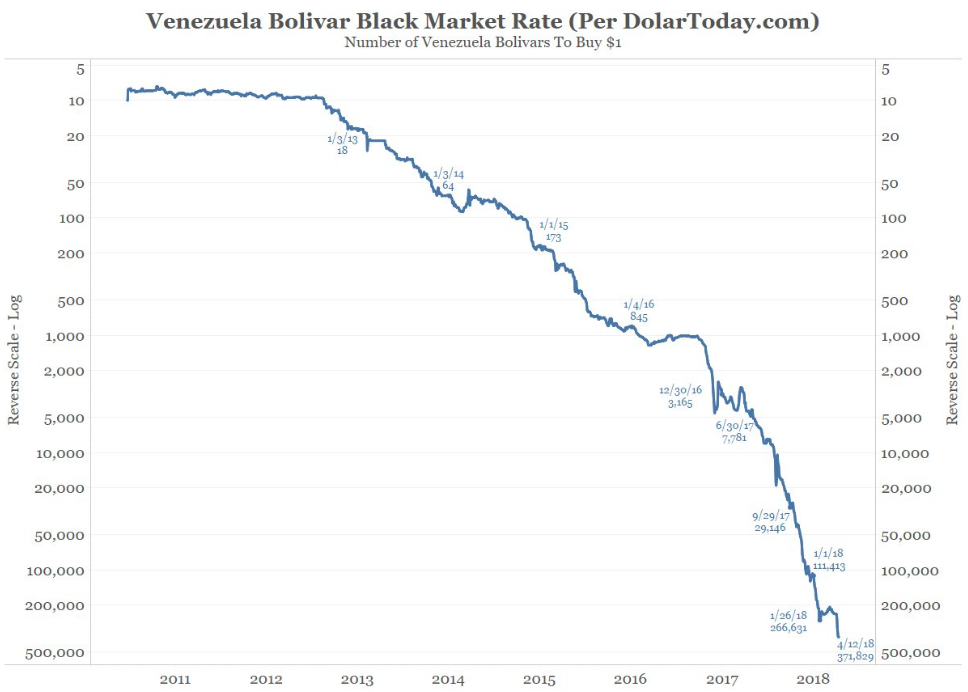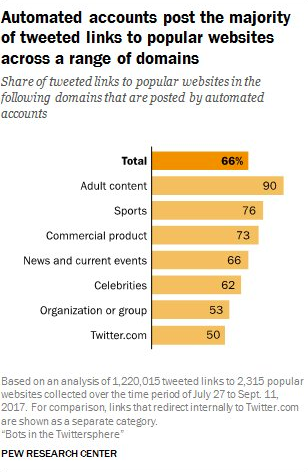What We’re Reading
A few articles the Collab team came across this week …
Laborforce
Nearly 1 million people were not working because of opioid addiction in 2015, the latest research to show that drug use is having a profound effect on the U.S. economy.
A study released Tuesday by the American Action Forum found 919,400 people between the ages of 25 to 54 were absent from the workforce because they were dependent on opioid drugs, a number that grew each year between 1999 and 2015.
Security
German households save about 10 per cent of their disposable income, twice as much as the average EU or American. (In the UK, the savings rate was actually negative in 2016.) What’s more, the German savings rate is remarkably stable over time, unaffected by economic crises and interest rate changes.
According to Harold James, the economic historian and Princeton professor, the German commitment to saving reflects demographic, historical and even psychological currents: “The Germans are much more worried than the Americans, for example. They think they need to prepare for every eventuality, that bad things can hit them and that they need to be ready for that,” he says. James is also convinced that religion plays a role: “There is a Protestant tradition of saving and restraint. Virtuous behaviour means renunciation of present satisfaction.”
Inflation
Black market price for dollars in Venezuela:

Advice
I look back on that moment as one of the great mistakes of my career – why the hell didn’t I listen to Charlie Munger? Charlie Munger himself, my idol, told me, “Whitney, just don’t do it?” Instead, I did it for another 15 years and it was still early. I’d only shorted two stocks in my life up to that point.
Here I am hundreds of stocks later, millions of dollars of losses later. If I was really clever, I would have stopped right then. I would have listened to Charlie Munger.
Bias
Even when people know the correct information, they often fail to notice errors and will even go on to use that incorrect information in other situations.
Research from cognitive psychology shows that people are naturally poor fact-checkers and it is very difficult for us to compare things we read or hear to what we already know about a topic. In what’s been called an era of “fake news,” this reality has important implications for how people consume journalism, social media and other public information.
Man behind the curtain
Two-thirds of tweets with links come from bots:

Have a good weekend.